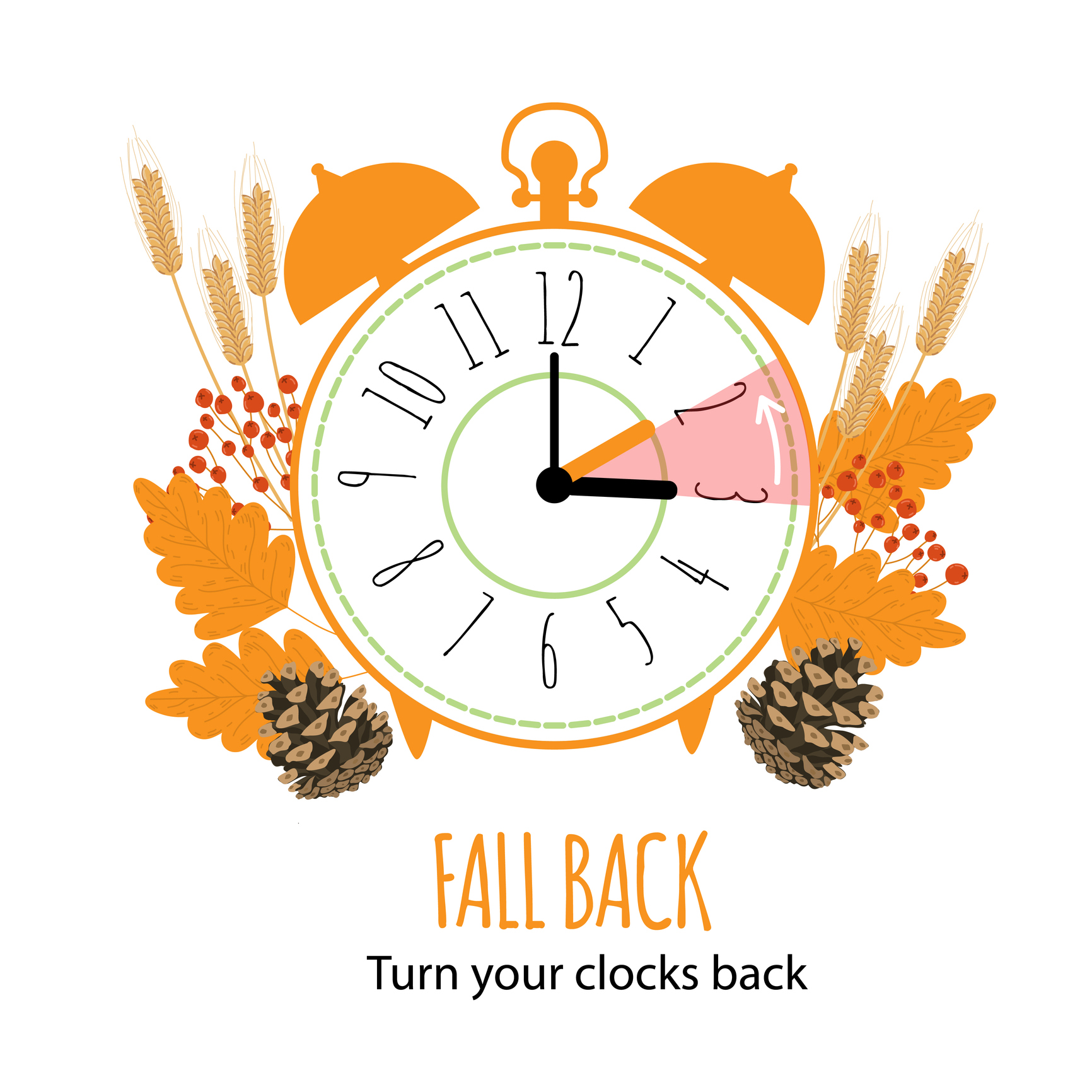The long dark mornings of autumn have many people struggling not to push snooze on their alarms, but this weekend marks the end of Daylight Savings Time, and hopefully turning back the clocks will help people make the most of the daylight hours.
Early Sunday morning at 2:00 a.m. is the official time DST ends, but most people turn their clocks back Saturday night so they won’t forget. Smartphones and other connected devices will automatically reset the time. Although we technically gain an hour of sleep this weekend, the change can affect sleep habits and many find they are naturally waking earlier with the shift. Waking up naturally is much easier on the body than the jarring buzz of an alarm.
According to a recent Today Health and Wellness report, the fall time change is easier to adjust to than in the spring, when we lose an hour of sleep. Many studies show that heart attacks and car accidents decrease thanks to the extra hour of sleep we gain turning back the clocks in the fall.
To make the time shift easier, you can try staying up a half-hour later tonight and sleeping in an extra 30 minutes. If you find yourself waking up earlier naturally, it’s helpful to get up and start your day so you will be ready for sleep at a more normal time in the evening. Sleep specialists say that eating too early or too late in the day can influence your circadian rhythms – so pay attention to a consistent meal schedule.
You can help promote a good night’s sleep by getting outside for a dose of natural sunlight each day, keeping the bedroom dark, cool, and quiet at night, and turning off devices an hour before bedtime. Try unwinding in the evening by reading, listening to music, or taking a warm bath.
Don’t forget to use this seasonal time shift as a reminder to change the batteries in your smoke and carbon monoxide detectors and the air filters in your furnace.






Add Your Voice
0 Comments
Join the Discussion